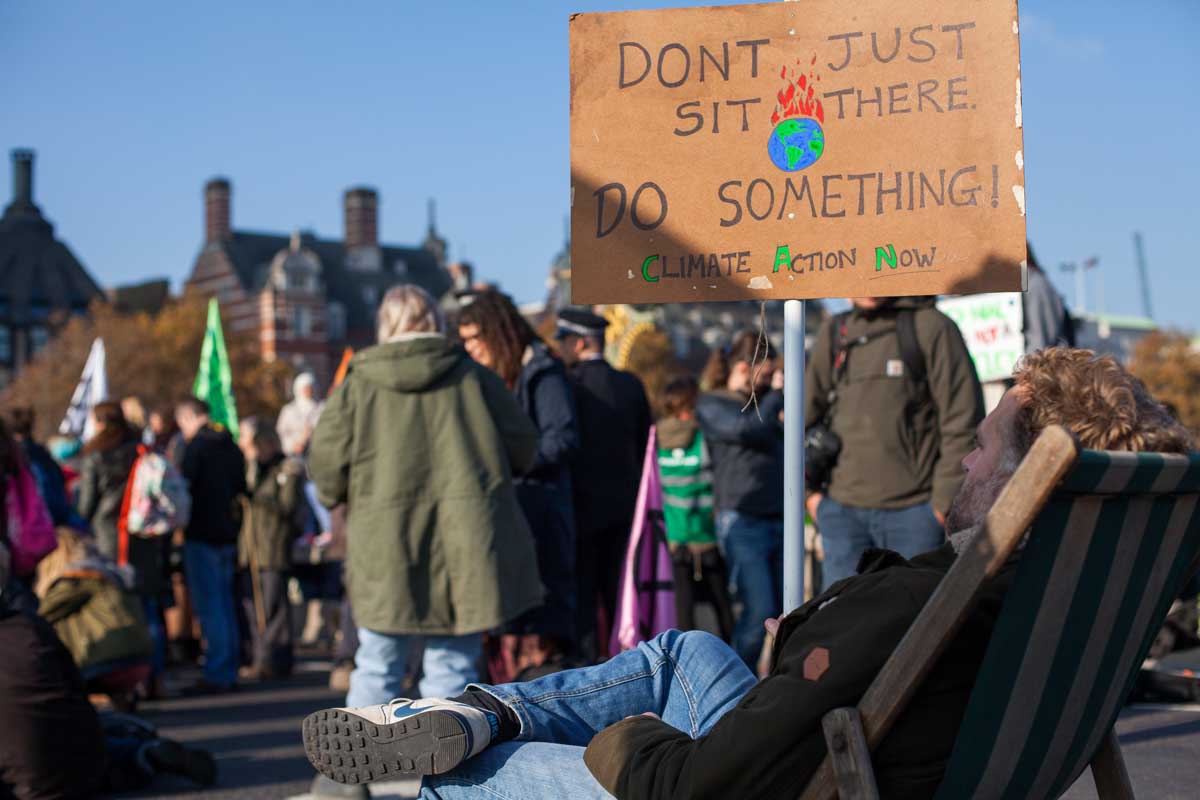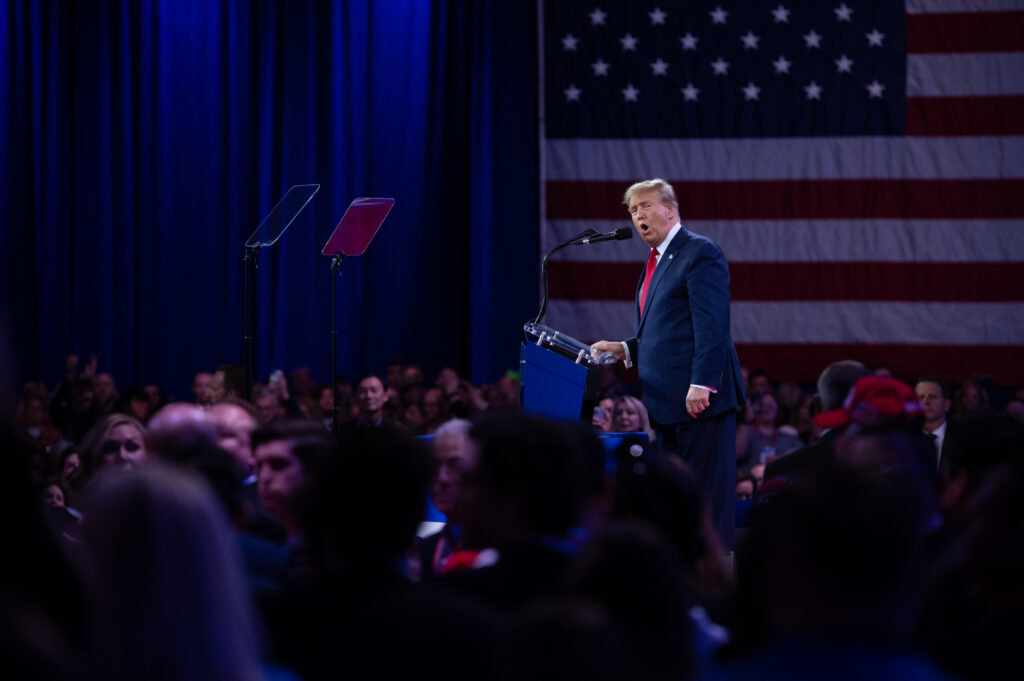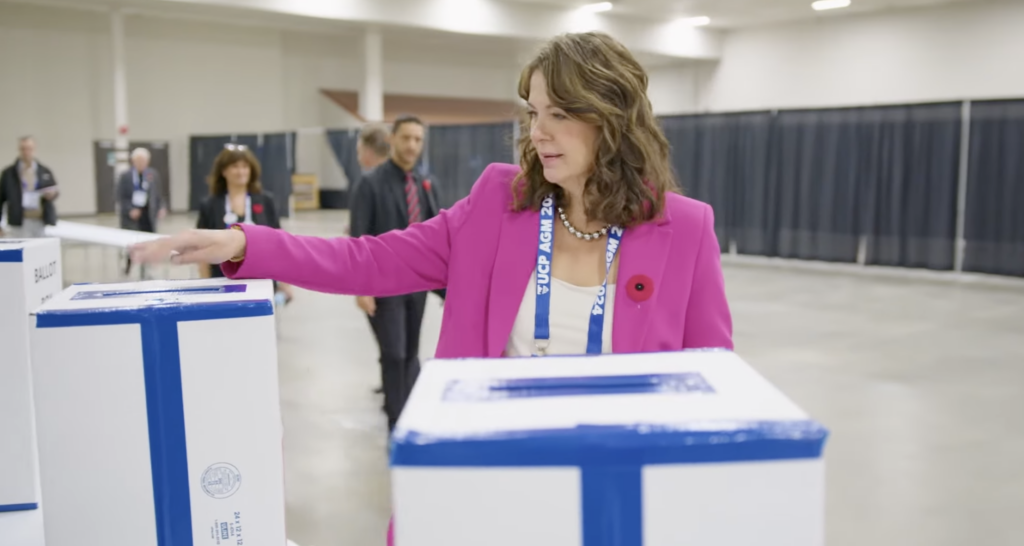As a renowned public service broadcaster, the BBC is expected to set an example for global media. And the issue of climate change is no exception.
Extinction Rebellion, a campaign group becoming famous for its peaceful civil disobedience tactics, has submitted a letter to the BBC asking it “to play a key role in enabling the transformative change needed so that we can face this emergency together”.
Campaigners are due to descend on BBC sites in London, Manchester, Sheffield, Bristol and Glasgow tomorrow to demand the organisation does more to “acknowledge its public-service duty to recognise and act on the climate and ecological emergency”, according to a press release.
The letter, addressed to BBC Director General Tony Halls says:
“As the latest IPCC report makes clear, the current threat posed by climate change to all life on the planet is immediate and unprecedented in the Earth’s history.”
“Speaking at COP24 in Poland, your very own David Attenborough said: ‘If we don’t take action, the collapse of our civilisations and the extinction of much of the natural world is on the horizon. The world’s people have spoken, their message is clear, time is running out, they want you, the decision-makers, to act now’.”
“We see that the BBC, as a respected media voice in the UK, needs to play a key role in enabling the transformative change needed so that we can face this emergency together.”
Extinction Rebellion outlines eight demands, including that “the BBC to only allow think-tank spokespersons or lobbyists on-air to discuss the climate and ecological emergency whose funding is fully transparent.”
The BBC has been heavily criticised in the past for allowing lobbyists from organisations based in and around 55 Tufton Street on to its programmes without fully declaring their interests in climate change and Brexit debates.
Extinction Rebellion is also calling on the BBC to divest from fossil fuels. The BBC’s pension fund currently has approximately £26 million invested in BP and £18 million invested in Barclay’s Bank – a key fracking investor – Extinction Rebellion claims.
Apologies
The BBC has previously apologised for allowing climate science denier and former chancellor Nigel Lawson to spread disinformation on its flagship current affairs show, the Today programme.
The BBC‘s complaints unit admitted an interview with Lawson breached editorial guidelines, and that the organisation accepts that the statements “were, at the least, contestable and should have been challenged”.
In July 2018, the BBC updated its editorial policy on covering climate change. The new policy states:
“Climate change has been a difficult subject for the BBC, and we get coverage of it wrong too often. The climate science community is clear that humans have changed the climate, but specifically how is more difficult to evidence. For instance, there is very high confidence that there will be more extreme events – floods, droughts, heatwaves etc. – but attributing an individual event, such as the UK’s winter floods in 2013/2014, to climate change is much less certain.”
“We must also be careful to distinguish between the statements. For example: “Climate change makes this kind of event both more frequent and more severe,” and “Climate change caused this event”. The former uses previous scientific evidence to say ‘it is likely’ the event is the result of climate change, whereas the latter may be making an assertion without the proof to back it up.”
Image: Ruth Davey
Subscribe to our newsletter
Stay up to date with DeSmog news and alerts







